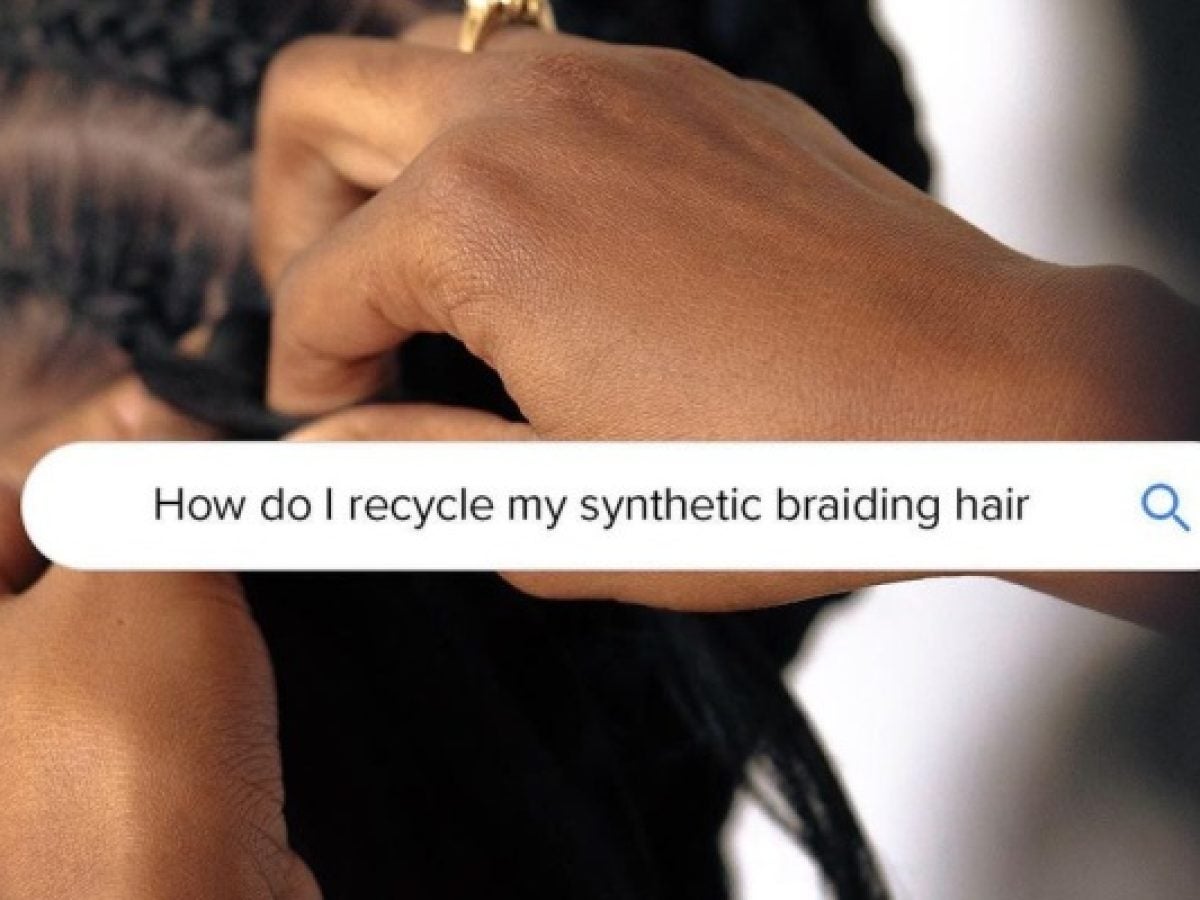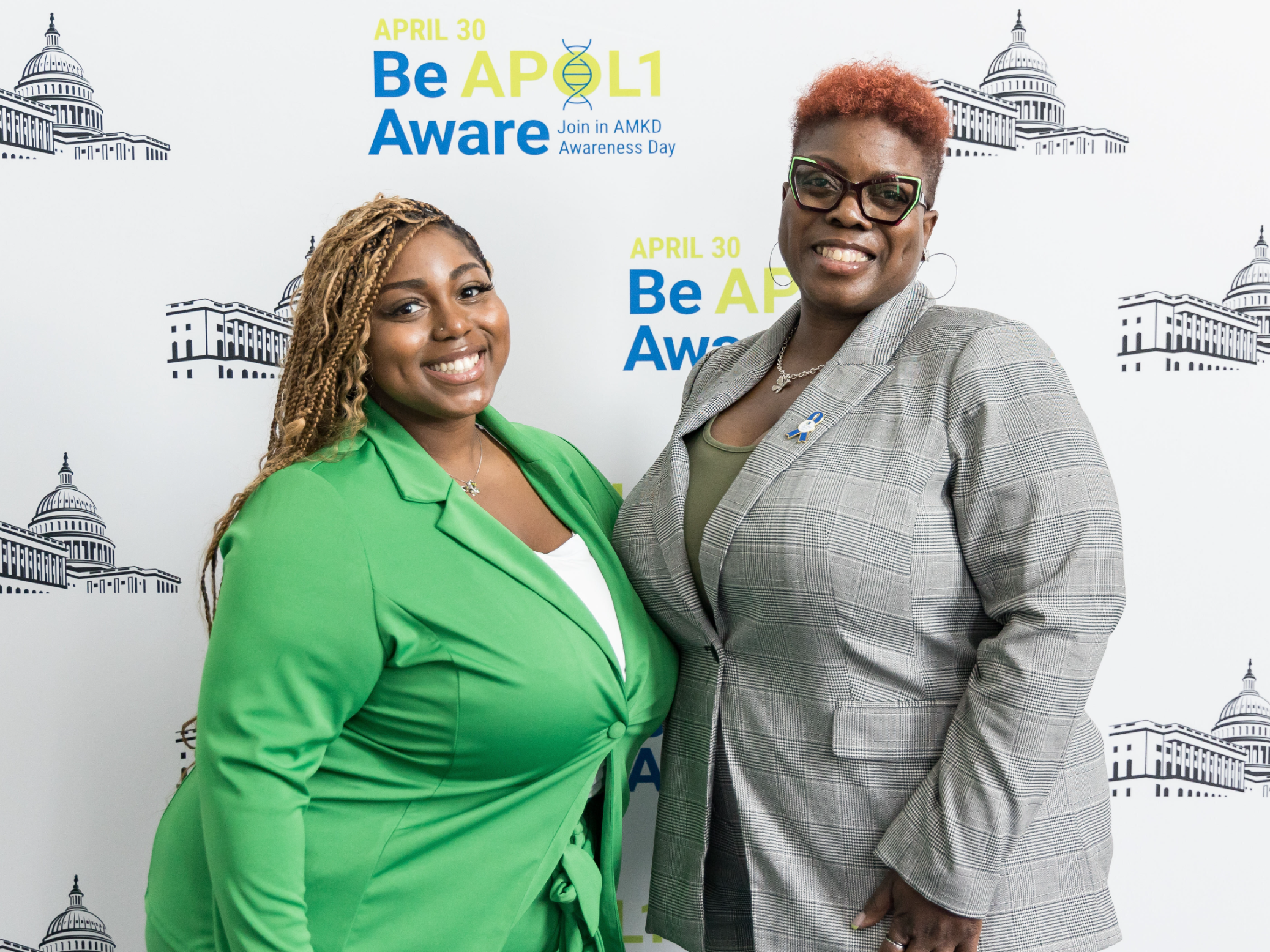
Growing up as a Black girl with 4B/4C hair, I often kept my locs wrapped in protective styles to safeguard my natural hair from environmental factors and to maintain the health of my hair. Back then, there weren’t many options for different types of braiding hair. Also, outside of human fiber extensions or synthetic hair, the only other options for Black girls simply looking to get their hair braided up in cornrows, box braids or twists consisted of the options found at our local beauty supply stores or convenience stores nearby.
Though, in the last few years, the beauty industry has evolved, allowing newer and environmentally sustainable options to join the market –– options that despite just being used for hair braiding and hair extensions, still make an effort to contribute to make our environment cleaner and safer. Earlier in 2021, I was introduced via social media to Rebundle, founded by Ciara Imani May while doing some personal research on scalp irritation. After having faux locs installed in my hair at the later part of 2020, I realized that my scalp was irritated and sore––something that within my natural hair journey has never happened. I figured that possibly, my hair was too tight or installed incorrectly but that wasn’t the case. Following some initial research, I learned that possibly outside of my head just being tender, the harsh chemicals and make of the synthetic braiding hair that was used may have also been a factor in my discomfort.
Rebundle Co., recently launched at the top of 2021 unveiled its vision: To create space for Black women in clean beauty where alternatives don’t exist. In a world where scalp irritation and discomfort can easily lead to wasting money by taking our hair down prematurely or possibly even opening up the floor for a plethora of other scalp related health issues––Rebundle focuses on a community that deserves and needs better options. Known for its plant-based biodegradable bundles of braiding hair, this brand has proposed a new way of beauty––sustainably disposing of synthetic hair extensions after usage the same way we’d discard food and plastics and recycling it to recreate clean and environmentally clean hair.
We spoke to CEO of Rebundle, Ciara Imani May, for the real scoop on Rebundle Co., her vision for clean beauty and the future of the plant-based hair brand that’s sweeping through the industry right now.
ESSENCE: Talk us through how you came up with the idea to create Rebundle, and what was the defining moment for you that made you want to source plant-based braiding hair?
Ciara Imani May: A few summers ago, I was growing my hair out and was wearing braids back to back because they required little to no maintenance. Unfortunately, my scalp became extremely irritated, inflamed, and uncomfortable due to the toxins in plastic synthetic hair. The best way to describe it was a burning and itching sensation. It was upsetting to feel like I had to choose between ease/convenience and pain/discomfort, and I knew that millions of other women faced the same dilemma while wearing braids. After that, I extensively researched what synthetic hair was made from and the impact on humans and the environment. Something that sparked my interest was an article I found that showed the materials used in synthetic hair. I became curious if there was a link between the hair and the reaction I had experienced. Which as we know now, there was. After finding out what I did through my research and investigating popular synthetic hair brands, I couldn’t keep it to myself and ignore the issue. I became determined to find a sustainable alternative that would be better for the scalp and the environment.
ESSENCE: What are the benefits of using plant-based braiding hair vs. processed/synthetic braiding hair?
Ciara Imani May: Our braiding hair is made with only safe, non-toxic ingredients and is itch-free! Once customers are done wearing braids, they can compost the hair because it’s biodegradable as well.
ESSENCE: How many Lbs of plastic synthetic hair has Rebundle collected thus far?
Ciara Imani May: Roughly 174lbs
ESSENCE: What’s the actual purpose of recycling plastic synthetic hair? Can you outline the process from when your team receives the hair to when it’s rebundled?
Ciara Imani May: The brand’s original initiative was the recycling program. I was on a mission to address the waste issue because it was being ignored and unaccounted for. Now, we maintain our recycling program to demonstrate our commitment to taking responsibility for the waste created by the industry.
ESSENCE: You were recently praised by Yara Shahidi and Adidas as one of the communities working to make the earth a better place. How did that come about?







Ciara Imani May: People are really inspired by the work we’re doing, and we’ve been fortunate to be recognized by some amazing people, like Yara Shahidi. We’ll continue to do our part to change this industry for the better, as unique opportunities like this campaign will continue to arise!
ESSENCE: What’s your ultimate goal for Rebundle this year (ex. Expansion, social presence, collaboration, etc.)?
Ciara Imani May: Braiding hair is an intimate part of Black hair care, and plant-based braiding hair is the future of hair extensions; we’re carving out a space for ourselves in this market. We’ve built and positioned this brand for Black women like us who love braids, and we’ve seen explosive growth because Black women have been asking for a solution for decades, and we have provided one! With Rebundle, we strive to be transparent so that our customers can make informed decisions about their purchases with us because we shouldn’t have to worry about the harmful effects of our hairstyles. We deserve transparency, and we deserve ownership and control over the products we use and love.










